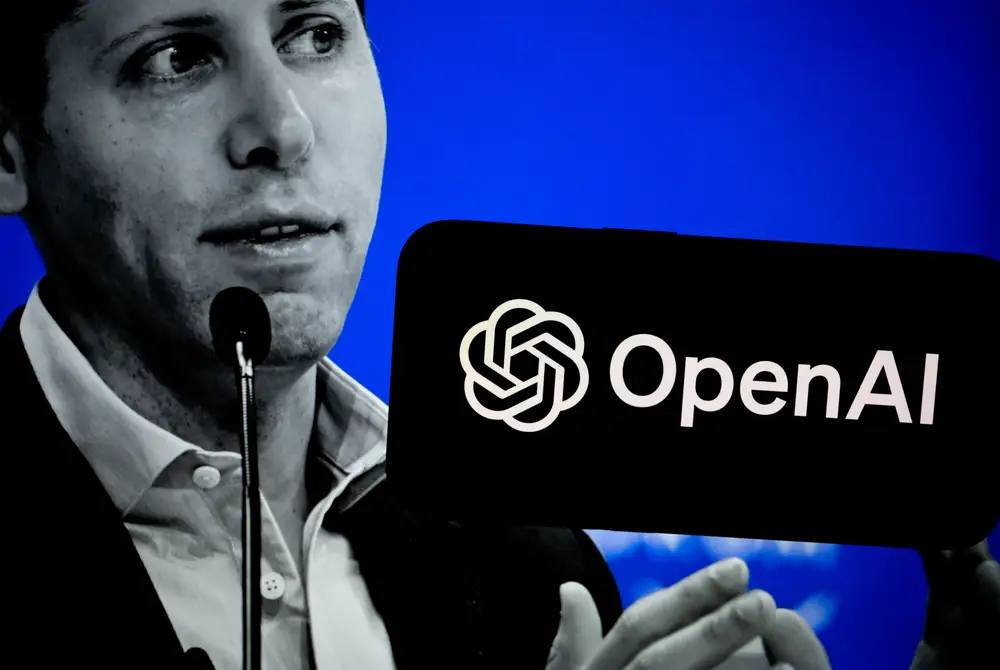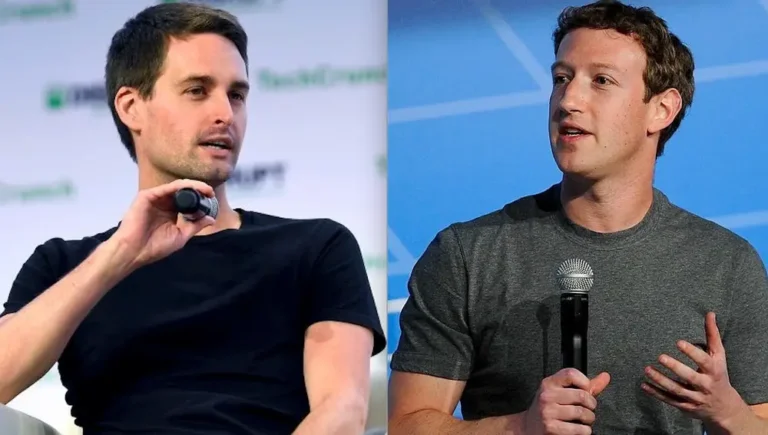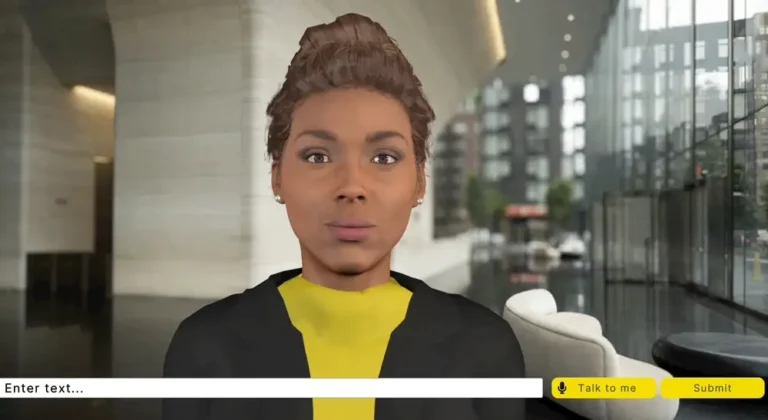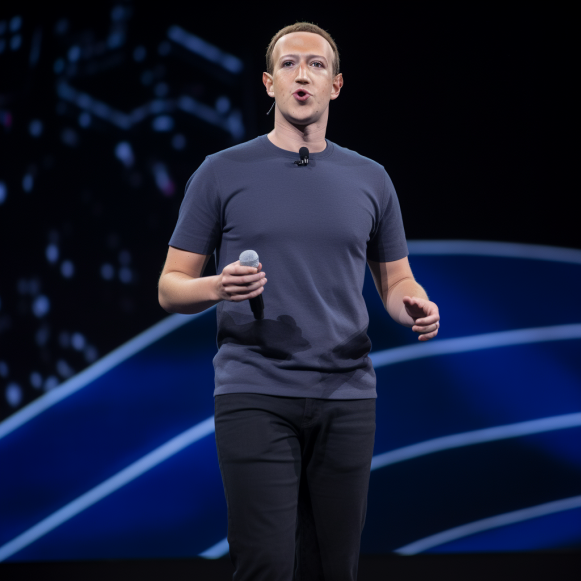An OpenAI shake-up wouldn’t just make Sam Altman richer — he’d have more control, too

OpenAI is reported to be discussing giving Sam Altman an equity stake in the company.
After operating under what Sam Altman called an “unusual” structure for more than four years, OpenAI is reportedly preparing to become a for-profit business.
It’s a move that could see the OpenAI chief gain more decision-making power, a legal expert told B-17.
OpenAI is considering a change under which it would no longer be governed by its nonprofit board, Reuters and Bloomberg reported Thursday, hours after the sudden exit of the company’s chief technology officer, Mira Murati, triggered a wave of speculation about the company’s future.
The reports have come more than a year after Altman said OpenAI’s structure was atypical but a deliberate setup because “AI is an unusual technology.”
Bloomberg reported that Altman was also in discussions to receive a 7% equity stake in OpenAI, a move that would mark his first ownership claim in the company. At an OpenAI all-hands on Thursday, however, Altman denied that there were plans for him to receive a “giant equity stake” in the company, according to CNBC.
OpenAI could be structured as a public-benefit corporation, Bloomberg reported, an entity that balances profit with mission. It’s a structure resembling that of Open AI’s rivals Anthropic and xAI, Elon Musk’s startup.
An OpenAI spokesperson told the outlet the nonprofit entity “will continue to exist” and was core to its mission.
OpenAI was established as a nonprofit in 2015, but in 2019, it created a “capped profit” subsidiary, OpenAI LP. This allowed it to accept a cumulative investment of more than $13 billion from Microsoft.
Restructuring to a public-benefit corporation would probably make OpenAI more attractive to further investment at a time when it’s reported to be raising money at a $150 billion valuation. Altman would stand to get as much as $10.5 billion richer from the rumored equity stake.
Altman could have more decision-making power
A new for-profit structure could be “better for Altman” in other ways, Anat Alon-Beck, a researcher focused on corporate law and governance at Case Western Reserve University’s School of Law, told B-17. It could give “more power to shareholders over decision-making,” she said, especially if they’re a controlling shareholder, which Altman could become.
Alon-Beck said the new entity’s shareholders would need to elect the board of directors members at an annual meeting, and the directors would then be responsible for the company’s policy and direction and for hiring the officers.
While public-benefit corporations and nonprofits share commitments to social or environmental goals, Alon-Beck said their structures and purposes differ. Chief among those differences is that the new entity would be owned by shareholders who expect the company to make a profit and return some of that money to them as dividends, she said. Unlike OpenAI’s previous arrangement, there would be no cap on profits.
OpenAI would no longer enjoy nonprofit tax benefits
OpenAI, which is registered in Delaware, may see its tax status change. Delaware public-benefit corporations must submit a report to shareholders every two years, laying out how much progress they’ve made toward their goal of positively impacting society. Like any other US company, benefit corporations must pay taxes on their profits.
“The emphasis will now be on making a profit, and any tax benefits that it enjoyed as a result of its nonprofit status will go away,” Eric Chaffee, a professor of business law at Case Western Reserve University, told B-17.
Chaffee said for-profit benefit corporations were a relatively new business entity, and the law surrounding them was still evolving. In his view, the potential restructuring is happening partly to make it easier for investors to cash out and see large returns.
OpenAI didn’t immediately respond to a request for comment from B-17.





